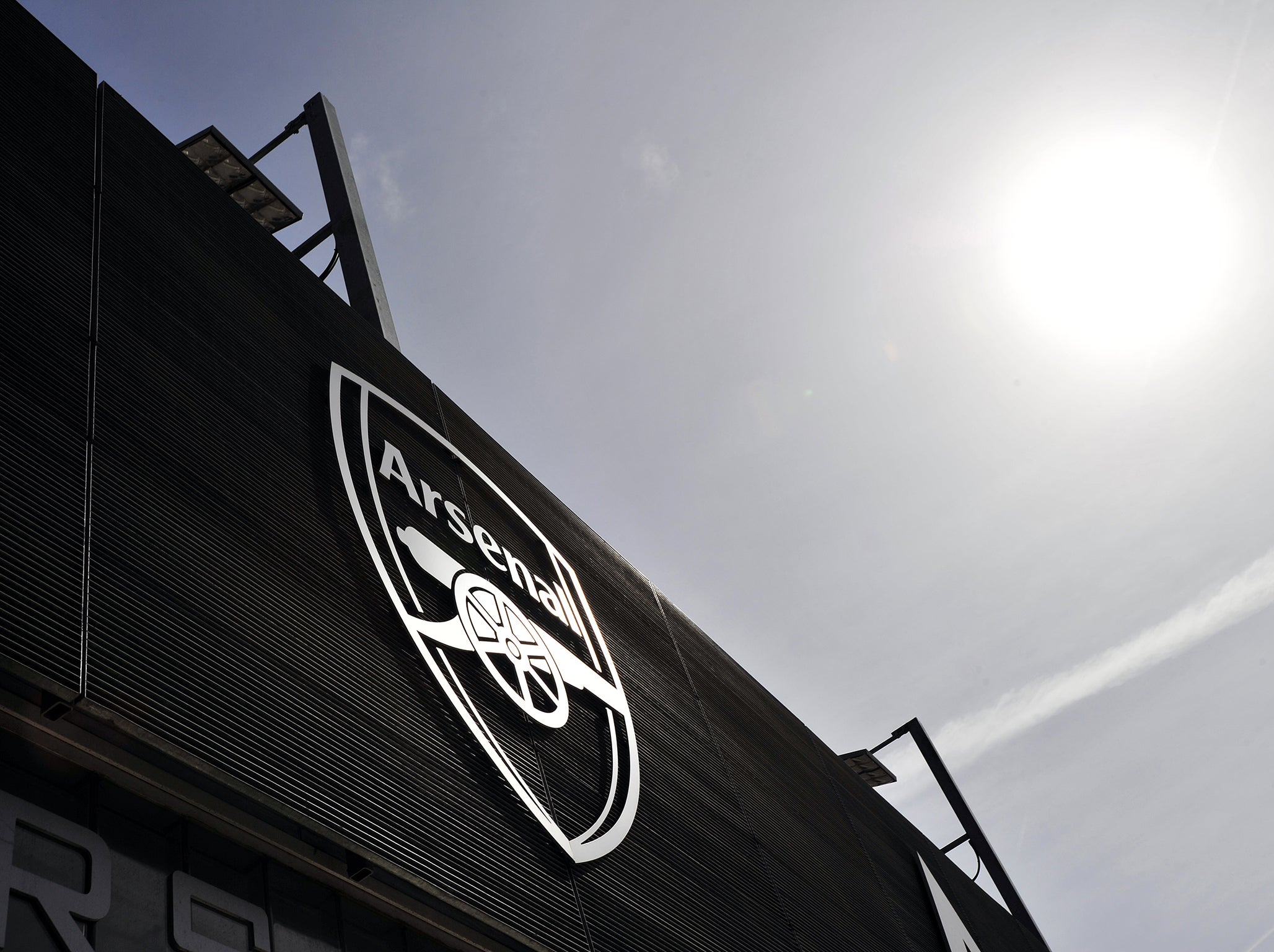Criticising Rwanda for sponsoring Arsenal shirts is shortsighted and insulting
A sovereign state no less than the UK, Rwanda is perfectly entitled to spend its money as it wishes, whether it gets it from foreign aid or from its own resources. It is not strange for Rwanda to invest in tourism, a major and promising source of foreign exchange


I can guess what John Humphrys might have been thinking when he spied the item on the BBC Radio 4 Today programme running order (I paraphrase): “7.33am: Poverty-stricken Rwanda spaffs £30m on sponsoring super-rich Arsenal FC. Interview with Rwandan development boss Clare Akamanzi. JH.”
It looked like an easy one. The UK bungs the Rwandans £60m a year; they turn round and blow £30m on a vanity project while people are starving; the president’s a nasty piece of work as well. They’ve offered up some blustering bureaucrat. No problem, that, for “The Rottweiler”, the “Great Inquisitor” of British broadcasting.
Except that Humphrys’ reputation seems not to have reached Kigali, where Akamanzi was parked in a studio, briefed, ready and waiting for him. In the course of an exquisite few minutes of radio, it was Akamanzi who demolished Humphrys. At times, correcting his numbers, indignantly asserting her poor but proud nation’s aspirations, explaining where the funding for the sponsorship will in fact be found, and telling him that it was he who was “either ill-informed or ill-intentioned” – it went on and on in this vein – well, I almost felt sorry for the old sod.
Most disarmingly, the CEO of the Rwanda Development Board, simply asked why Rwanda shouldn’t be trusted to promote its tourist industry: “We think about the choices that we make.” Given that within living memory her country suffered a genocidal civil war, Akazami’s argument that Rwanda was better governed than it used to be also rang true. The tour de force was the best take-down of a Today show presenter since Michael Gove spent most of his allocated slot with Nick Robinson giving a meta-tutorial to Robinson in how best to conduct a Today programme political interview.
Akamanzi was right, too. A sovereign state no less than the UK, Rwanda is perfectly entitled to spend its money as it wishes, whether it gets it from foreign aid or from its own resources. Indeed, it is not so very strange for Rwanda to invest in tourism, a major and promising source of foreign exchange.
As Akamanzi observed, millions of people see an Arsenal shirt on a match day, and the Gunners are big in Africa and a global brand – but also one obviously popular in the UK. And the UK happens to be the second biggest source of tourists to Rwanda.
If, moreover, sponsoring a football team or sticking your name on a sleeve is such a waste of money then why, say, does Standard Chartered or Vitality do so with Liverpool FC? When you sat there watching Liverpool’s tragic defeat in Kiev last Saturday, did you think “Oh I must change my company’s bank account to Standard Chartered” or “Vitality’s health plans are worth checking out”.
No, but that’s never the point. I don’t pretend to understand how marketing works, but if the world’s most successful companies think this sort of thing is smart, and it boosts trade, then why not? There were reasons, contrariwise, why governments have banned tobacco firms sponsoring Formula 1.
Let’s be clear. The Arsenal-Rwanda story, whatever its irresistible merits, is a part of a perfectly open campaign on the Right to cut foreign aid and force the government to abandon the UN target of spending 0.7 per cent of GDP on international development. Any half-baked tale is weaponised to prove that cash is wasted, stolen, or both.
Celebs lending their name to campaigns are ridiculed as hypocritical luvvies who won’t give their entire fortunes to Cambodia or Lesotho, because that’s obviously the only acceptable behaviour if you make a living out of being an actor or an author. Or highlighting that almost every developing country violates human rights, which they do, but cutting off their development money won’t help that.
The implication is that “aid” should be purely about personal charity not the taxpayer-funded public spending, and that if you feel moved by cliched images of pot-bellied African infants with flies buzzing round their eyes then you can always send a few quid to Oxfam. Except, of course you can’t even do that any more because the voluntary sector is, supposedly, entirely populated by perverts and paedos – all the better to discredit the idea of the whole development sector, regardless of who is going to get hurt.
It is a dirty, cynical media campaign, and I am just so glad that someone, albeit 6,261 miles away in Rwanda, nailed just a few of the lies.
Join our commenting forum
Join thought-provoking conversations, follow other Independent readers and see their replies
Comments
Bookmark popover
Removed from bookmarks